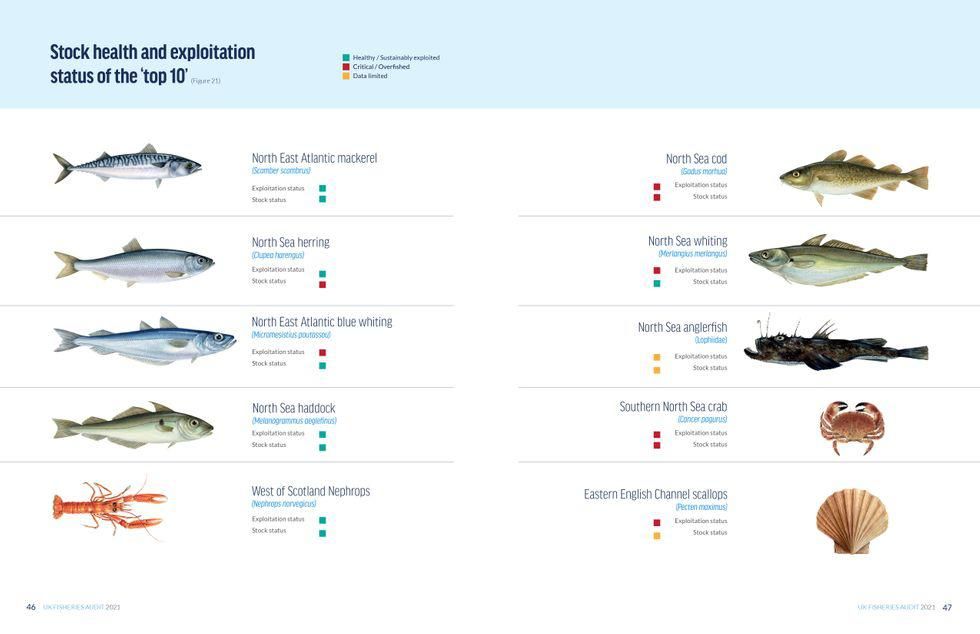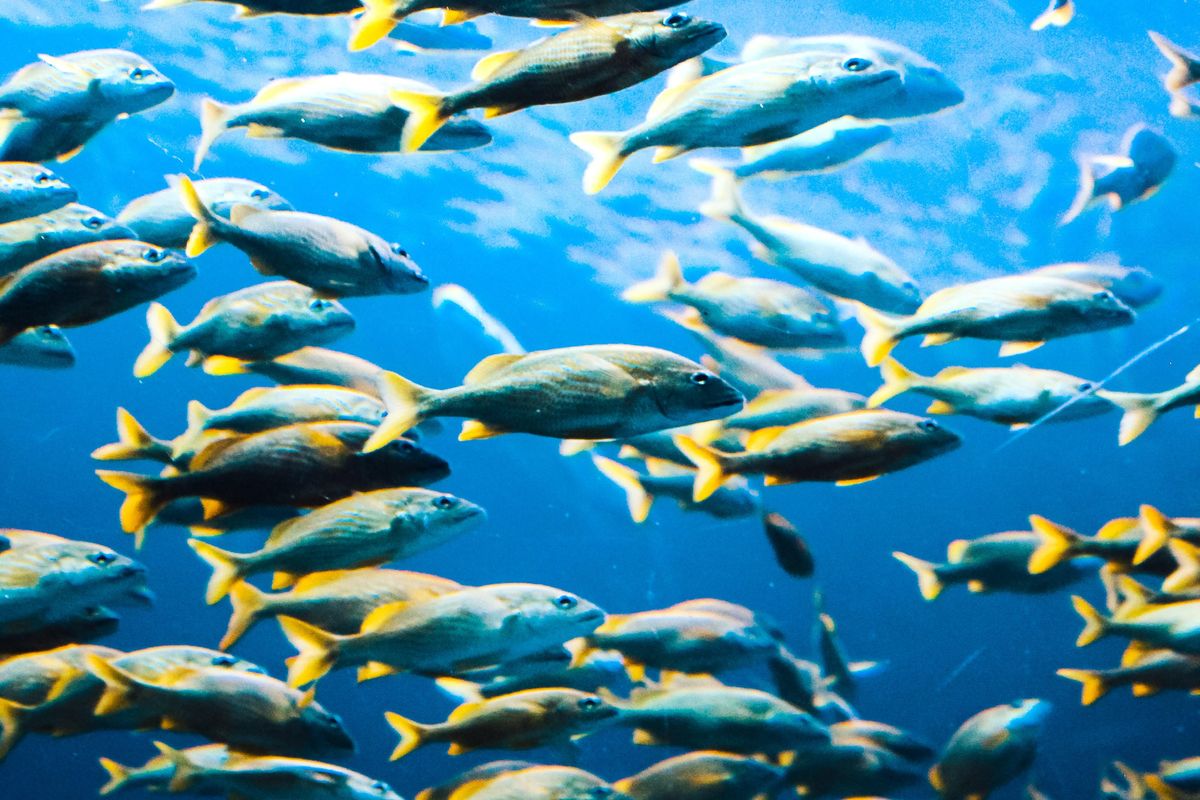Why now is a critical time in the fight to end overfishing
If current negotiations fail to set science-based catch limits, there will be little fish or fishing industry left to fight over.
With Brexit negotiations now over, its natural for people to be tired of all the fish fighting. But whilst the UK and the EU have agreed on who gets to fish in certain areas, one crucial issue is still pending: how much will be fished?
This week, the UK and the EU start negotiating 2021 catch limits - otherwise known as Total Allowable Catches (TACs) - for over 70 fish populations shared among the two parties. This will be the first time the UK negotiates with the EU as a non-Member State.
Coinciding with these negotiations is the launch of a UK fisheries audit commissioned by Oceana, which provides an evidence-based snapshot of UK fish stocks' status and sets a benchmark for the state of our fisheries following the UK's departure from the EU. It analyses 104 fish populations and also shines a light on the devastating impact that setting catch limits higher than recommended by scientists is having on them.
READ: Why Brexit is making the future of fish look so bleak

The future of fish looks bleak in Europe.
It shows that only 36 per cent of the audited stocks were known to be healthy in terms of stock size and only 38 per cent sustainably exploited. The remaining stocks are data-limited. Of the 'top 10' most economically important fish stocks, six are being overfished or are in a "critical" state, including North Sea herring, North Sea cod, and Southern North sea crab. Data limitations for over a third of stocks means they cannot be adequately assessed, leaving them at greater risk of unsuitable management decisions.

Particularly worth noting is cod, given it is a firm favourite in fish and chip shops across the UK. Cod has been significantly overfished over many years. Unsustainable fishing pressure, and politicians setting catches at levels higher than that scientifically advised, has led to a series of cod stock declines and collapses, to the extent that currently none of the UK cod stocks can be considered healthy and sustainably exploited.
Despite progress made in the exploitation of some commercially important fish in recent years, the UK (as part of the EU, at the time) has failed to meet the 2020 deadline to end overfishing agreed by the United Nations (UN) and enshrined in international commitments.
The UK urgently needs to comply with these international laws and the sustainable fisheries objectives in the recently adopted UK Fisheries Act.
Overfishing is not just bad news for our marine life. It threatens our fishing industry's future with knock-on impacts on our coastal towns and the seafood processing industry. It is also important for food security to ensure sustainable supplies for the future, given the important part played in our diets by British favourites like cod, herring, mackerel and sole.
The UK government has frequently claimed that post Brexit would set a gold standard for sustainable fishing and meet international biodiversity and sustainability commitments. As negotiations on catch limits for 2021 begin, it has an opportunity to prove that it can keep its word.


